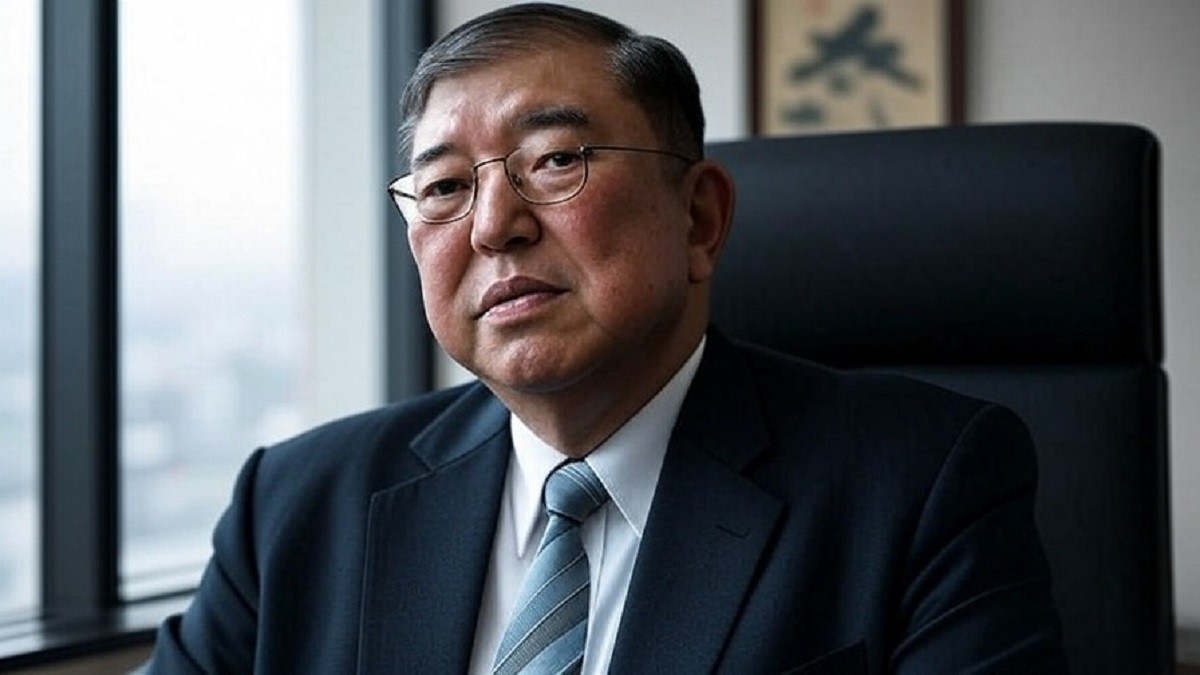Historic Loss Prompts Resignation
Japanese Prime Minister Shigeru Ishiba Resignation 2025 marks a significant shift in Japanese politics. Ishiba, in office since October 2024, announced his decision to step down on September 7 after his Liberal Democratic Party (LDP) suffered sweeping defeats in both the lower and upper house elections earlier this year. The LDP-Komeito coalition lost its majority in both parliamentary chambers, prompting growing pressure from within the party and public disapproval.
Context Behind the Move
Political Fallout and Trade Victory
Despite a diplomatic win in finalizing a U.S. tariff reduction deal, lowering auto tariffs from 25% to 15%, Ishiba acknowledged that the electoral setbacks overshadowed the achievement. He noted that completing the trade agreement provided a fitting moment to pass the leadership baton.
Internal Party Pressure and Polling Data
Ishiba’s approval rating had plunged below 33%, and as calls for his resignation intensified, the prospect of an expedited leadership contest grew imminent. To avert an internal coup, Ishiba took the more considerate route of resignation.
Microsoft Investing Billions in US: Satya Nadella Meets Trump to Discuss AI and Infrastructure
What Lies Ahead
Leadership Candidates
The race to replace Ishiba is already underway. Among the frontrunners are Sanae Takaichi, a conservative economic security specialist advocating expansionary fiscal policies, and Shinjiro Koizumi, a centrist with a focus on environmental reforms and rising popularity among youth.
Economic Uncertainty
Markets responded positively, with Asian shares including Japan’s Nikkei climbing amid hopes that new leadership could restore stability and address economic policy gridlock.
Implications for Japan’s Political Terrain
- Policy Shifts: An incoming LDP leader may pivot domestic and economic strategies, especially around inflation, spending, and interest rates.
- Snap Elections on the Horizon: Given the LDP’s weakened standing, a new leader may call early elections to seek a popular mandate.
- Governance Challenges: As a minority government, the LDP will need alliances to pass legislation amid rising populist sentiment from parties like Sanseitō.
FAQs
A1: Ishiba resigned following sweeping election defeats that cost his coalition its majority in both houses, accepting responsibility amid intensifying internal pressure and low approval ratings.
A2: Leading contenders include conservative economic figure Sanae Takaichi and centrist, environment-focused Shinjiro Koizumi.
A3: Yes—analysts suggest the resignation and loss of parliamentary control increase the likelihood of snap elections if the new leader seeks a clear public mandate.
The Shigeru Ishiba Resignation 2025 underscores Japan’s fragile political dynamics. As the LDP prepares for a leadership transition with broad economic and political implications, both domestic stability and international strategy hang in the balance.
Sources:
The Guardian
Reuters
AP News









